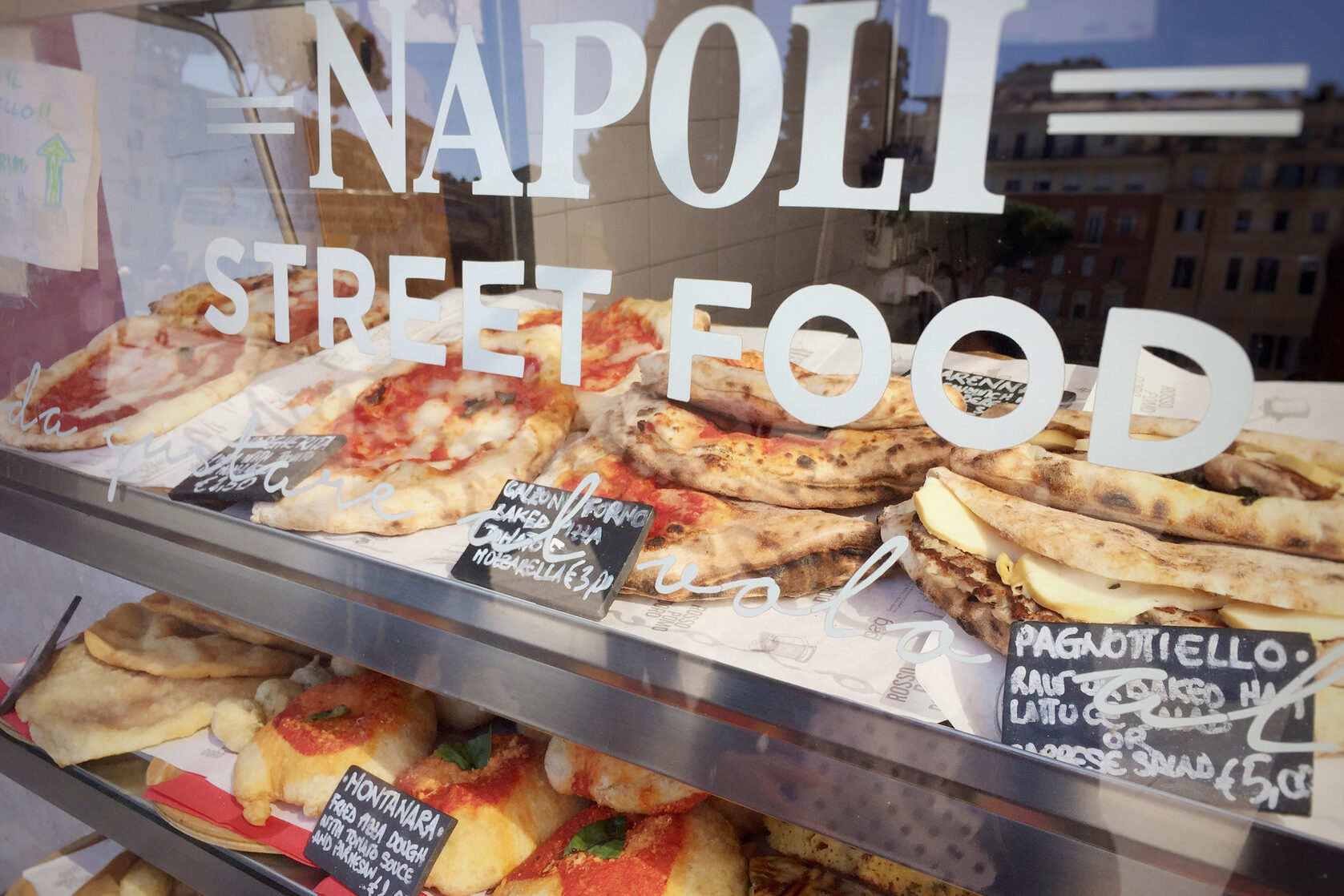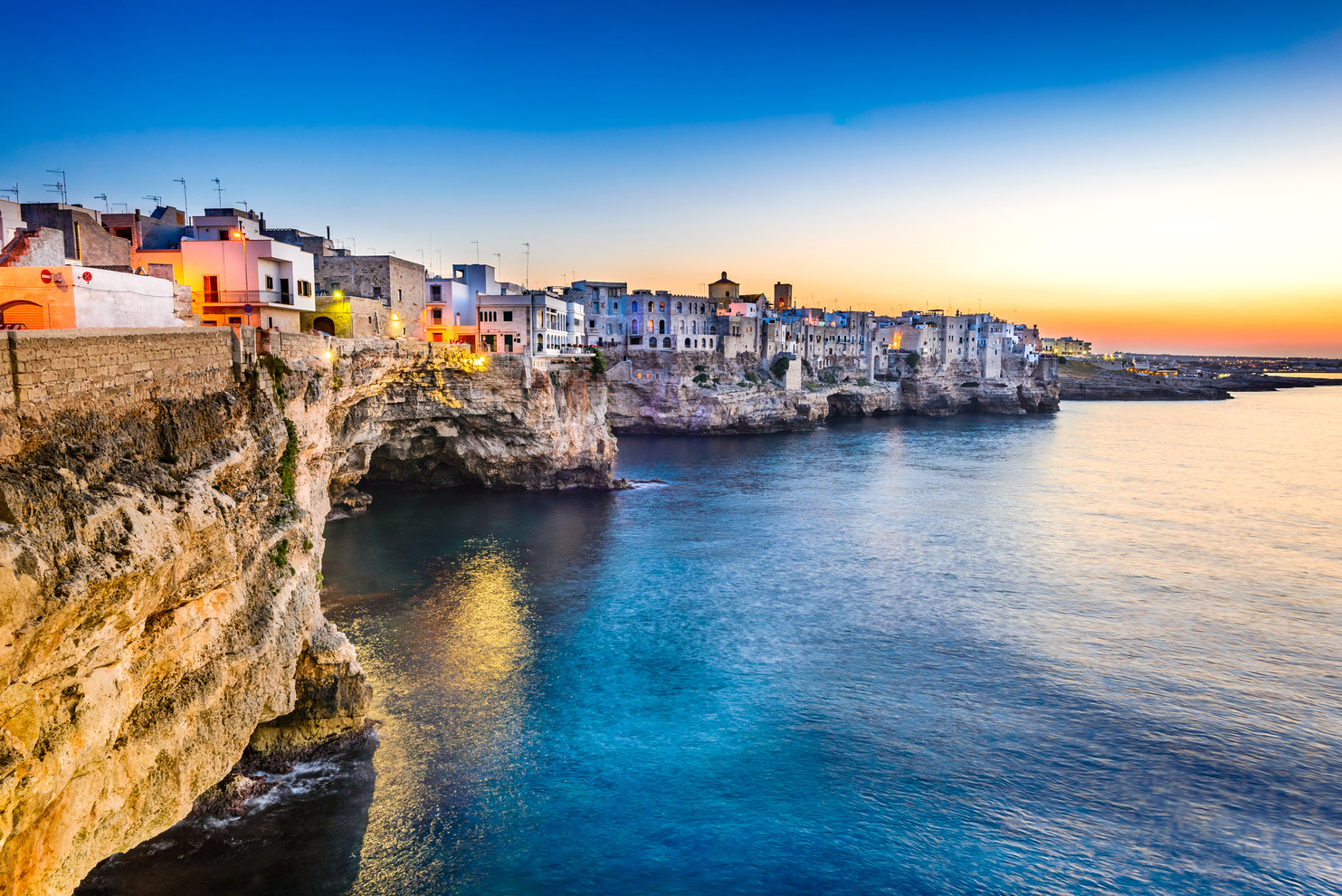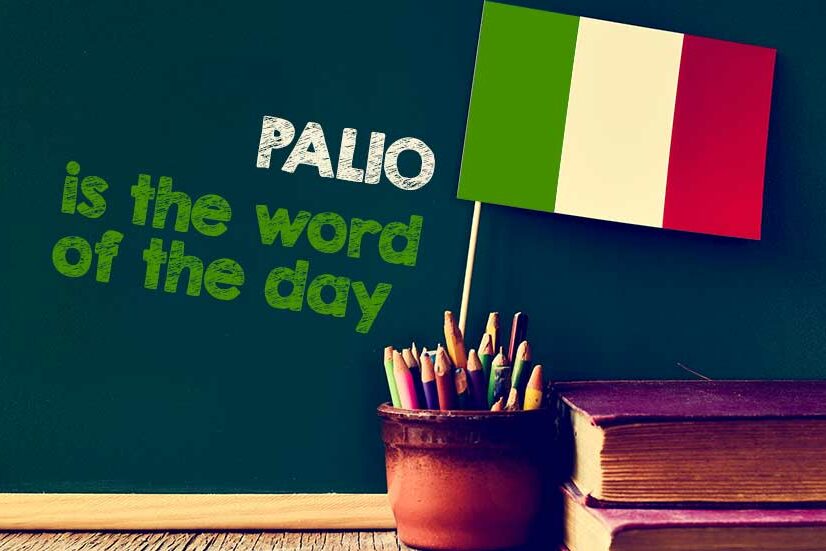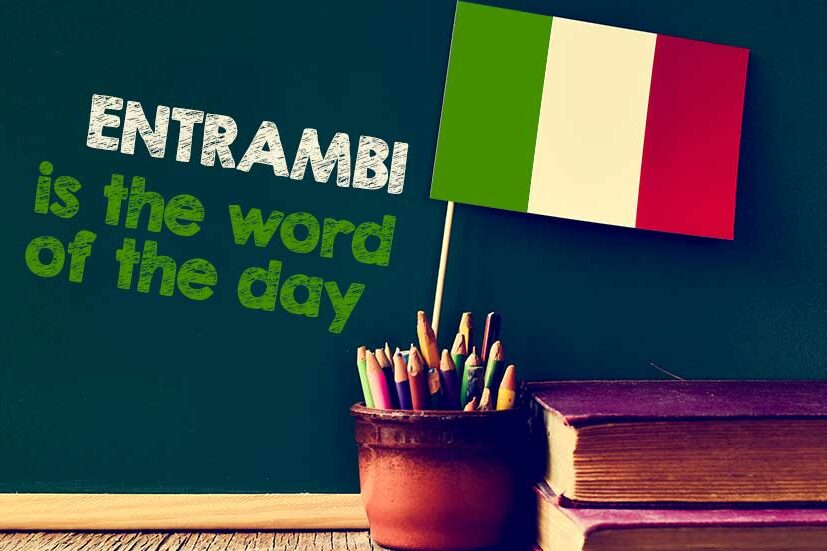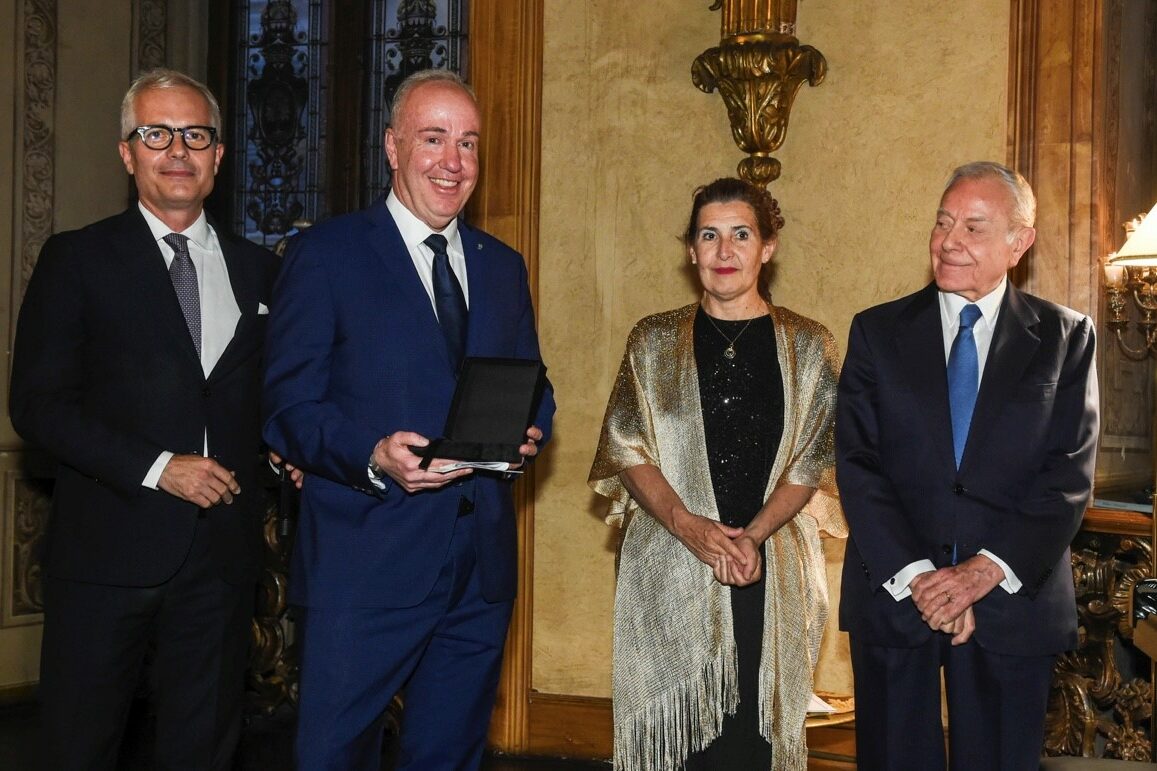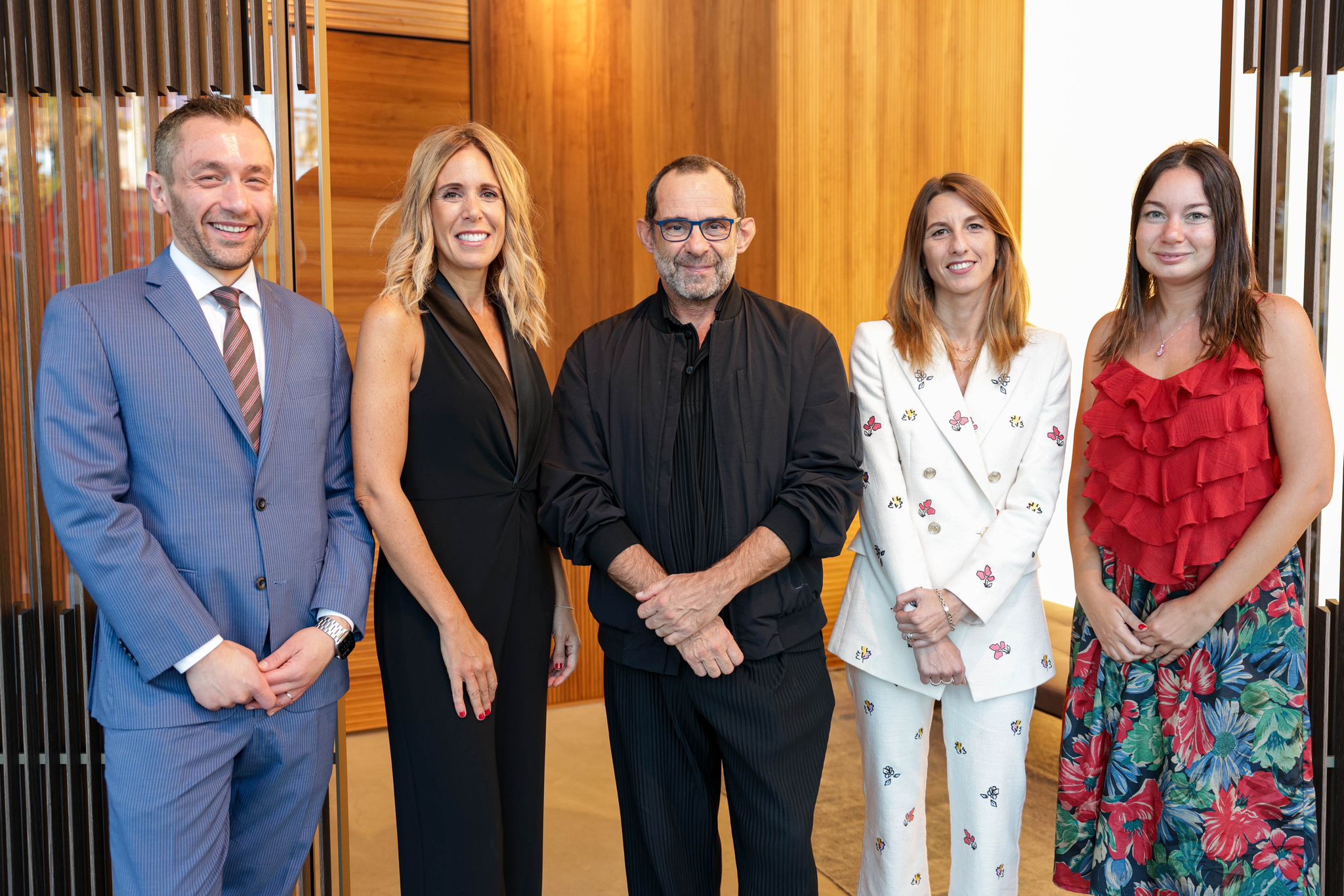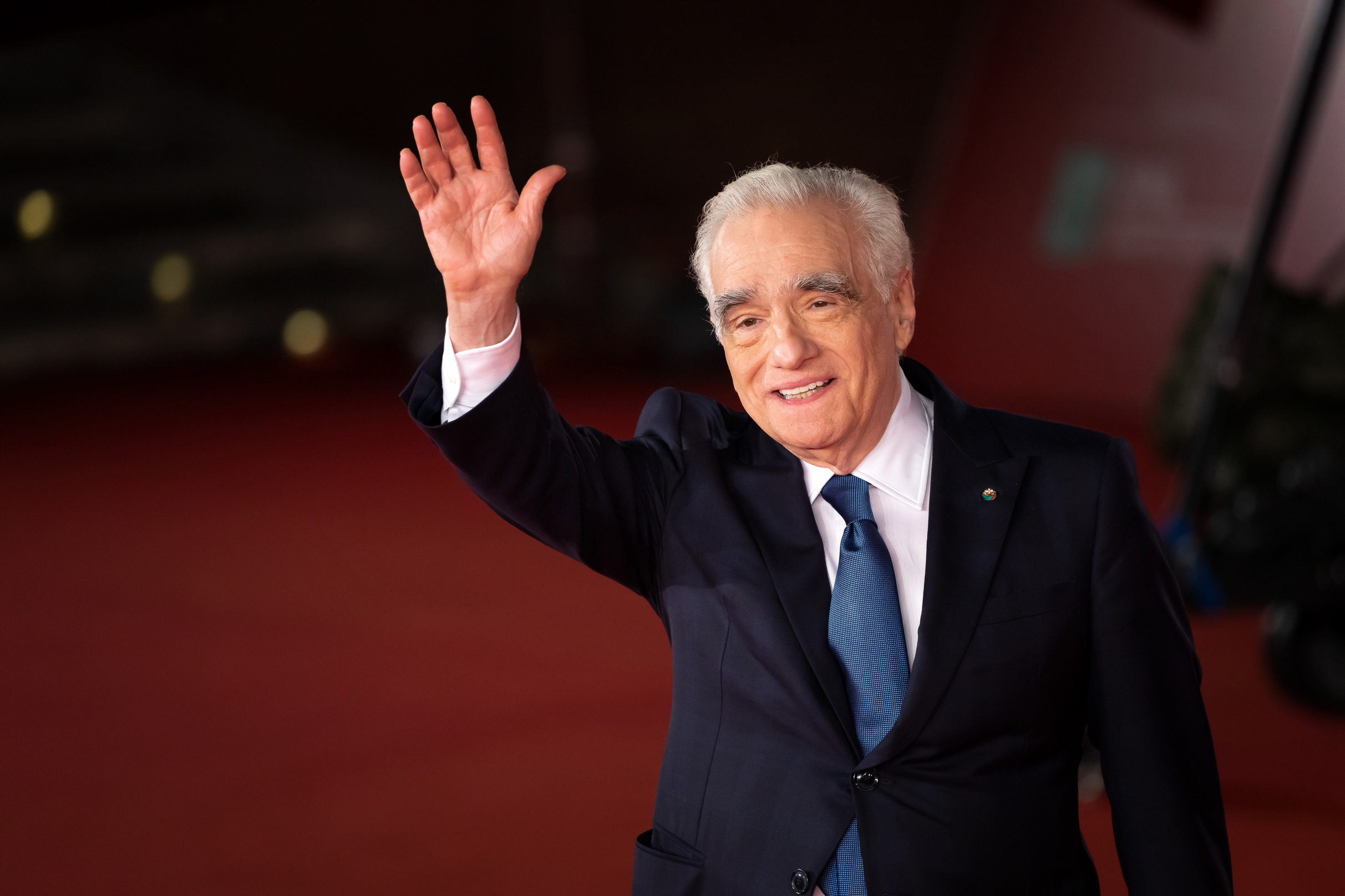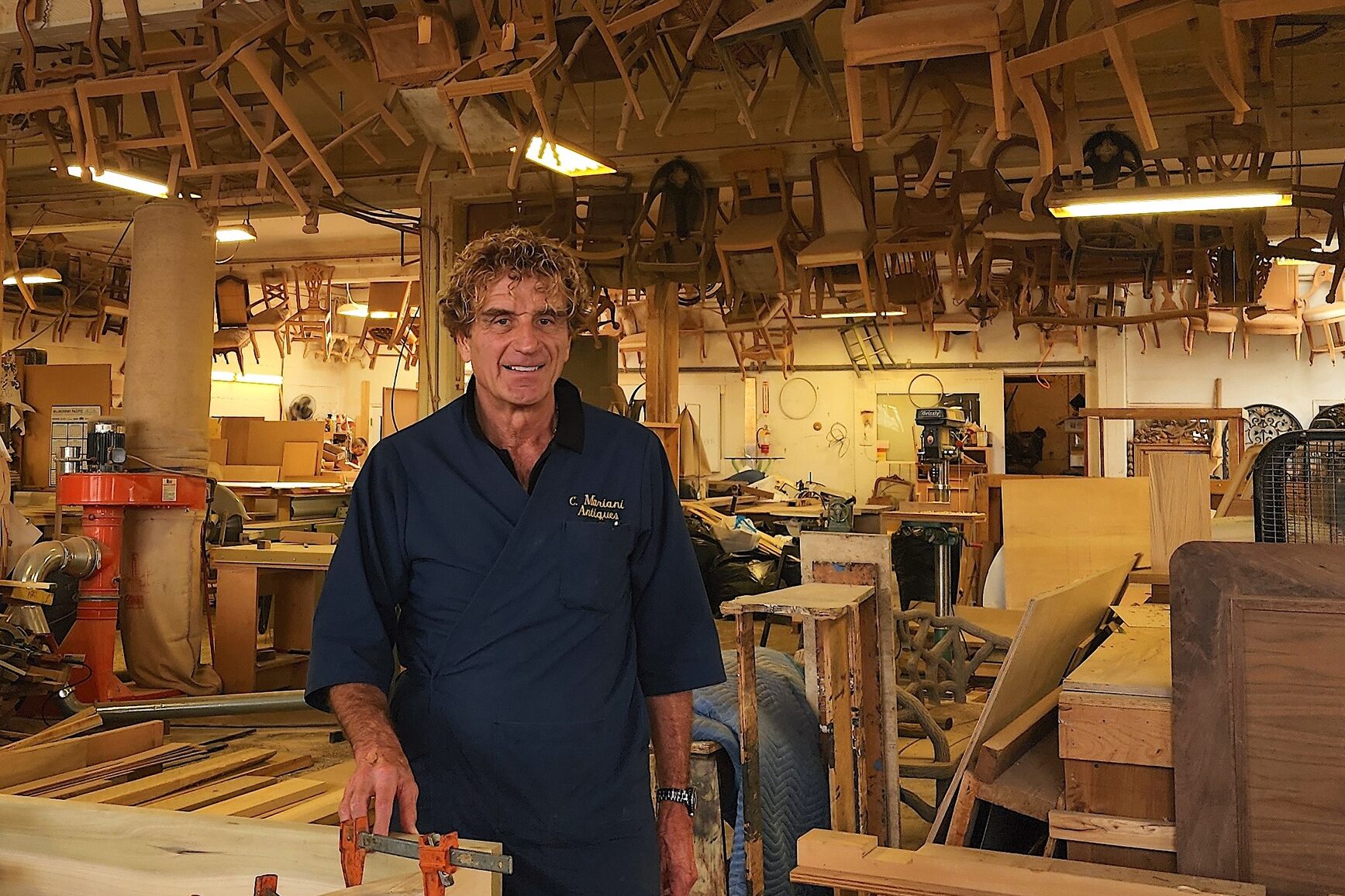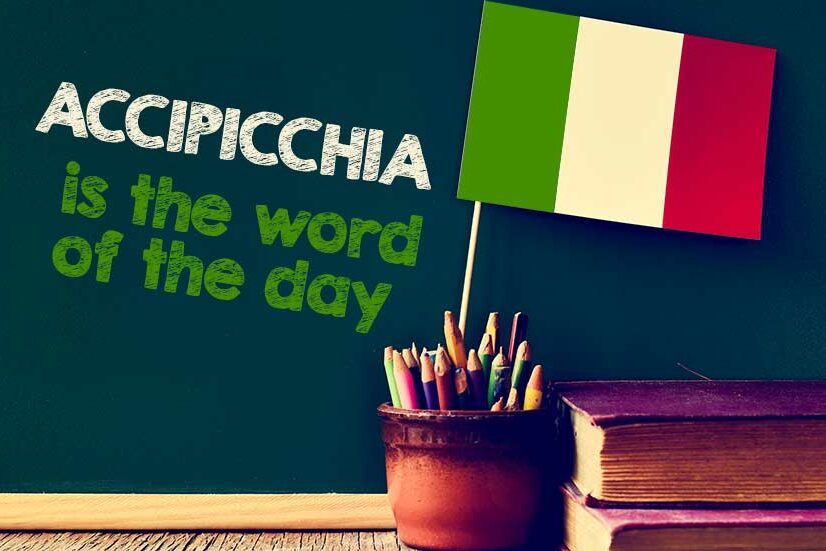Hit Week, the annual event that showcases contemporary Italian acts abroad, makes a stop at the Italian Cultural Institute of Los Angeles. The show is labeled “Unexpected sounds from Italy” for an audience used to associate Italian music to Opera, but after five years those sounds have come to be expected, as deputy director of IIC Michela Magrì jokingly points out introducing the evening. This time is Marco Mengoni’s turn, the boy wonder who raised to fame with X Factor and went to win the 2013 Sanremo Music Festival. He’s scheduled to perform at the Billboard Music Conference but the guests of IIC get a sneak preview.
Before the show there’s an informative discussion on how to build a bridge between Italy and the US market. The panel, moderated by EVP of Virgin Records Ron Fair, features Phil Gallo, senior correspondent for Billboard magazine; Enzo Mazza, president of FIMI; record producer Daniele Luppi and Oscar winning composer Bill Conti.
The main goal of Hit Week, the brainchild of Francesco Del Maro, is to promote and export the diverse young talent that populate the Italian music scene. The obstacles along the way are many, primarily the language barrier. Gallo talks about Mina, one of the most famous Italian singers of all time, as somebody who was doing what Madonna and Lady Gaga would do in the years to come, but unfortunately her success was limited by the language, “Mina would have become an international star if it wasn’t for the language”.
Gallo goes on reminiscing a story from a few years back when he found himself in Porta Portese, the popular flea market in Rome, and he would hear the song “Perdono” by Tiziano Ferro everywhere he turned. He was convinced he could turn it into an international success, “This was a monster hit. I took it to Christina Aguilera and I told her we were gonna put English lyrics, but she said, I don’t get it. So I took it to Enrique [Iglesias] and his response was, I could never sing this, I can’t keep up with him. I was unsuccessful. Years later Jay Z used it, but it was buried under layers of production”. To which Luppi adds that besides the language, it’s also the way the sound is produced that doesn’t help, “Sound should create a connection. In Italy the mix puts the voice in front, every word has to be heard. In America it can be buried”. The many talent shows on tv have become an interesting platform, if not the only one.
Mazza says, “In a time when it was difficult for music labels to invest in new artists, tv came to the rescue”. The industry, along with the opportunities new technology offers, has also changed the way it sees a new talent. Before the rule was thinking in the long run, so that if an artist had a long career the label could rely on selling the back catalogue, now it’s the immediacy of something new at all times.
Nevertheless Italian artists nowadays seem to be able to export their music better thanks to the web that makes the records virtually available anywhere. There’s an increasing hip hop scene in Italy that’s starting to get recognized outside, as much as dance producers. It’s on this positive note that the discussion concludes and makes room for Mengoni to take the stage. The audience rushes to the front to secure better seats and get a closer look at the new phenomenon in Italian music. Mengoni makes it worth while with a 30 minute set that includes the massive hit L’essenziale and even a deeper cut like I got the fear, entirely sung in English.








